Conflict in a relationship is inevitable, misunderstandings in a relationship cannot be avoided and it can be effectively handled. Without proper communication, we feel isolated and misunderstood and let the negative emotions lead to arguments and unhappiness.
By developing your communication skills, you and your partner will be able to establish a loving, respectful relationship. With effective communication, you can create a positive outcome and make your partner really hear you.
“People do not experience love in the same way, and if you’re not speaking your partner’s ‘love language’, that can result in great unhappiness.” — Kim Olver
Is your relationship getting you down? Here are five tips on how to communicate unhappiness in a relationship so that true change can come about.
Give It Some Thought
Before you launch into telling your partner about being unhappy – make sure you know what you’re going to communicate.
This may sound obvious, but as an online sex coach, I’ve noticed that this can often be forgotten in the heat of the moment.
You get annoyed with your partner because they didn’t take out the rubbish and all of a sudden you’ve launched into a full-on fight, letting your partner know just how unhappy you are and how much it’s their fault.
At the moment, it feels good to get it off your chest, but later on, you realize you hurt your partner and the fight didn’t really lead anywhere. Things didn’t get better and you didn’t get to the root of your unhappiness.
Putting some thought into it means working out:
a) what’s making you unhappy
b) what you think you want instead
c) how you believe you can both get there.
By communicating these three things you’ll eliminate the risk of conflict, and increase the chances of a positive and fruitful conversation that leads to a happier, healthier relationship.
Read: How Do You Communicate In A Relationship Without Fighting About The Same Old Things?
Think of The ‘How’
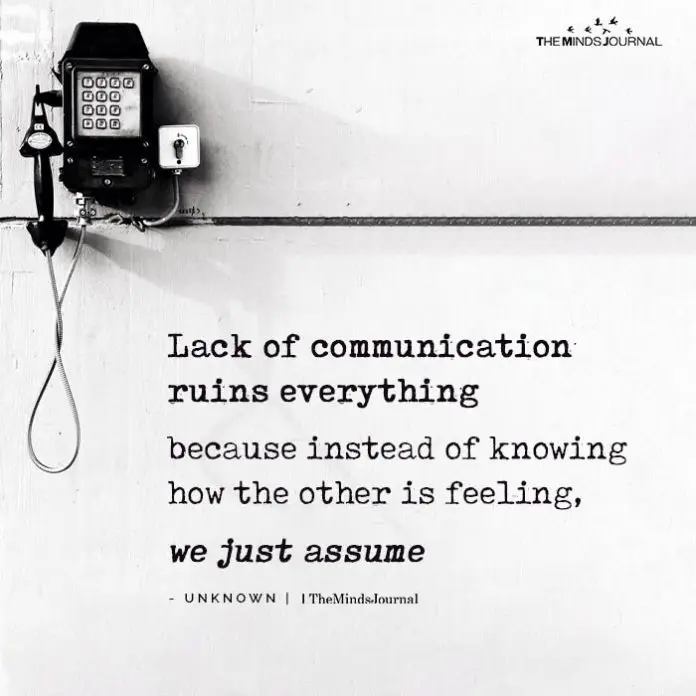
How to communicate unhappiness in a relationship, so you’re actually heard, also has to do with how you say things. Oftentimes we think so much about what we want things to look like, that there’s little time or energy left to consider how to talk about the changes we desire.
This is problematic – because our partner doesn’t only hear the content of our words – they hear the way we say them and which words we choose. In fact, our body language says a lot to our partner which is why it’s important to learn how to improve your non-verbal communication in your relationship, too.
If your partner reads your physical expression as aggressive, they’re more likely to feel attacked, making them adopt a defensive stance – and effectively ruling out any room for real improvement.
In order for your partner to hear you, you need to take how you say things into account, both with your words and your body language.
This involves accepting part of the blame – not because you should, but because it’s true.
Take Responsibility
When you’re unhappy in your relationship, it’s easy to blame it on your partner. You believe they’re the sole reason things aren’t great in a certain area of your relationship.
But the fact of the matter is – unhappiness in a relationship is often the cause of two people (providing the issue isn’t about abuse, of course. This is never the responsibility of the partner being abused).
How to accept responsibility for your relationship and impart it to your loved one can happen in many ways. It might look like saying:
● “I understand I’m difficult to approach when I’m in a bad mood, and that this causes you
to withdraw, even if what I truly want is closeness.”
Or
● “I feel upset when you don’t want sex and because I was never taught how to deal with
sadness, I turn to anger instead and lash out at you. I’m sorry.”
The above examples take into account both of your reactions and why you believe they happen. They give your partner a chance to understand your behavior and to understand how their
behavior affects you.
When you accept part of the blame and take responsibility, you help your partner do the same. This is a great way of how to communicate unhappiness in a relationship – and how to turn it
into a moment of connection.
Do It Face to Face
When we experience difficulties in our relationship or marriage, it can be tempting to communicate this via text or email. While this doesn’t have to be a bad idea – it’s not usually a great one.
Oftentimes, we do this to avoid emotional intensity or connection – the very thing we perhaps need to experience with our partner in order to feel happy and satisfied.
Texting your partner your annoyances about their reluctance to cleaning or their low libido might feel easier at the moment like you’re able to avoid conflict. But more often than not, communicating via text about something serious and potentially hurtful leads to more conflict down the line.
As we’ve already established, our partner hears so much more than just the content alone. It’s the
way we say what we say, both with our tone of voice and with our body language. They both help our partners to understand what we’re feeling and what we want.
When we’re face to face we can more easily gauge our partner’s reaction and tailor what we say so that our words perhaps hurt less or are heard better.
Even if we’re communicating something negative or difficult, doing it face to face can make the
experience a more unifying one.
Read: Why The Silent Treatment Never Works And 6 Ways To Communicate Better
Do It More Than Once
When thinking about how to communicate unhappiness – you’ll want to make sure this isn’t a one-time thing.
This doesn’t mean you should tell your partner how unsatisfied you are every day (that’s more like a fast track to separation!). It does, however, mean following up the conversation to see how things are going.
It means connecting about the issue at hand and how you’re both contributing to solving it. Rarely have I seen couples where a problem is solved overnight or after one conversation. It takes time, dedication, and effort. So don’t be surprised if you both fall off the wagon or get lost on the way – it’s all part of the process – and it’s ok.
How to Communicate Unhappiness in a Relationship Is About
Five Things
We all experience tough times, no matter how great our relationship or marriage is. It’s how we get through these difficult times that determine how a relationship’s strength and tenacity over time.
If you’re serious about making a change in your relationship and really want your partner to hear you (who doesn’t, right?), you’ll want to think about the following five things:
● Communicate what’s causing the unhappiness, what you want instead, and how to solve it
● Think about the words you choose and your body language when telling your partner the
above
● Accept responsibility and partial blame for the problems that are causing your unhappiness. Not because it’s the right thing to do – but because you actually can see your part in it.
● Communicate your unhappiness face to face
● Talk about the problem/s several times and revisit how your progress is going.
It’s hard talking about problems, but the best way of getting the relationship you want is to learn how to communicate unhappiness in a relationship so your partner truly can hear you.
Originally published at LeighNoren.com
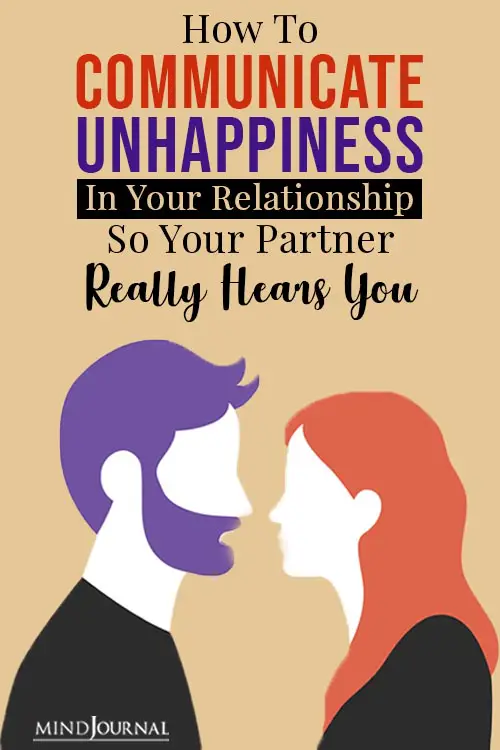
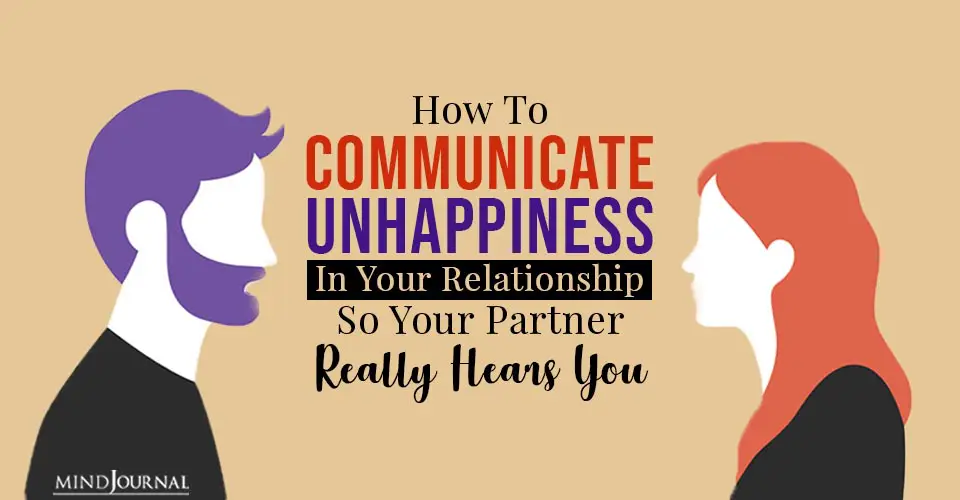




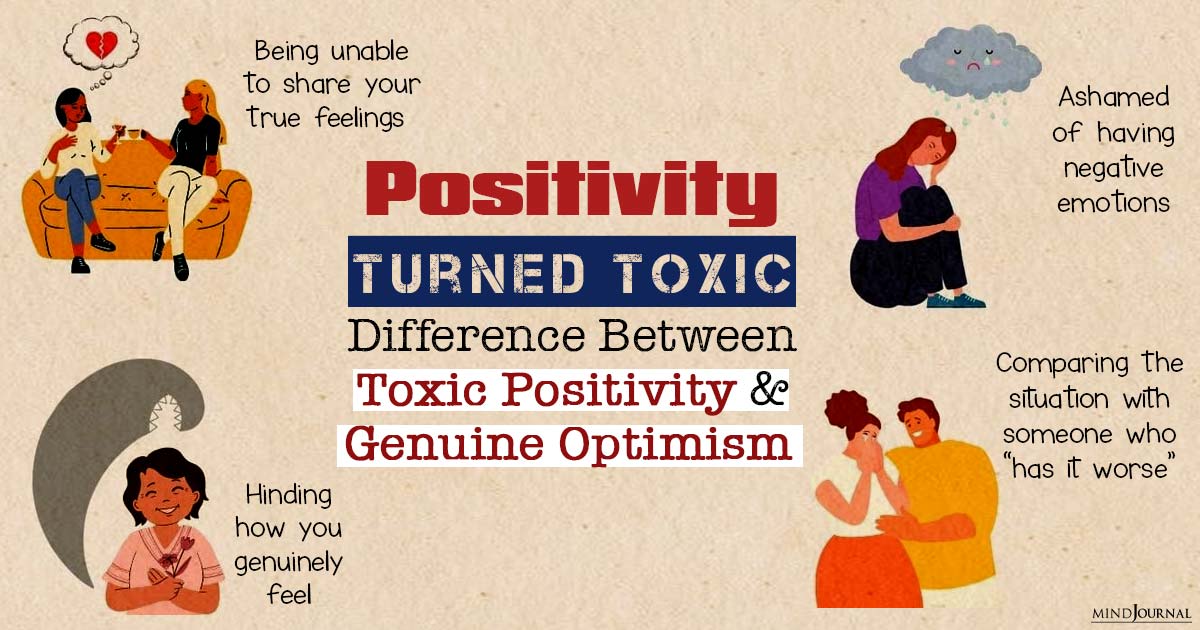

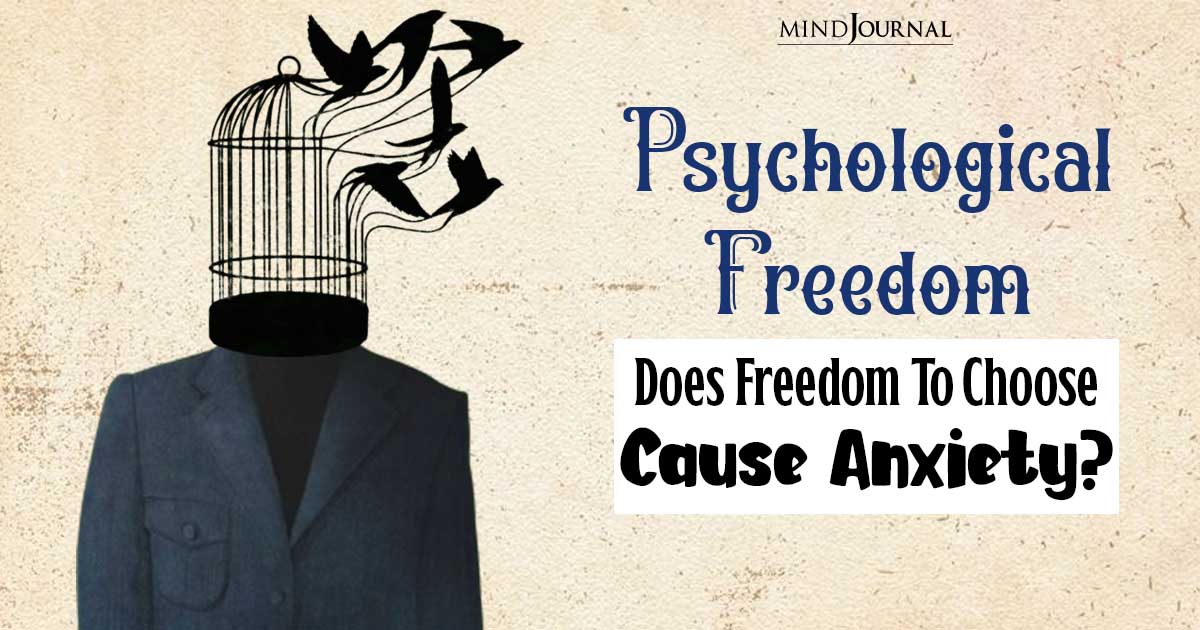
Leave a Reply
You must be logged in to post a comment.